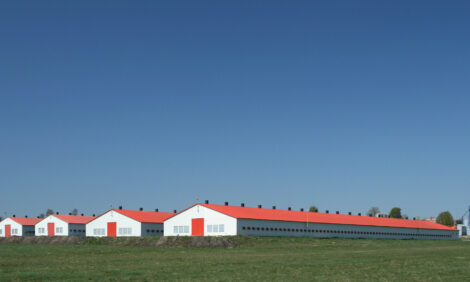



Brazil faces another year of high food inflation
Drought has been cited as the cause

Meat industry group ABPA says there is no relief in sight before Brazil starts harvesting its mid-year corn crop, reported Reuters.
"We see the need for companies to continue to pass on costs," Ricardo Santin, the head of ABPA, said in an interview.
Given a weaker outlook for the domestic harvest, companies such as BRF SA and JBS SA may have to import cereal, as they did in 2021, he said.
Private analysts are slashing their crop forecasts due to hot, dry weather in Brazil's southern states, while state crop agency Conab has been conservative, trimming its outlook but projecting a larger soy and corn crop than last year.
Meat prices in Brazil rose 8.45% in 2021, according to government statistics agency IBGE, contributing to overall food inflation of 7.94% and fuelling a 10.06% rise in the benchmark consumer price index, the highest for a calendar year since 2015.
Marcos Zordan, an executive at meat processor Aurora, said a rise of more than 10% in Brazilian corn prices at the start of the year is startling buyers. If that keeps up, companies such as Aurora may resort to importing corn from Argentina or Paraguay, where the La Nina weather pattern has also hurt crop forecasts.
"I don't believe there will be a shortage, but it will be an expensive product, no doubt," Zordan said.
In the last two weeks, the price of domestic corn jumped to 94 reais per 60-kg bag, compared to 84 reais previously, on news of the drought hammering southern Brazil, Zordan noted.
Cesar Alves, analyst with Itaú BBA Agribusiness, said meatpackers were initially expected to save on input costs as planting of Brazil's summer crops fell within the ideal climate window in key states.
Now, the first corn crop will be smaller than anticipated, by around four million tonnes, according to government estimates.
"Corn is on the rise again," Alves said. "At least in the first quarter of the year, it will be much tighter for the meat industry."









